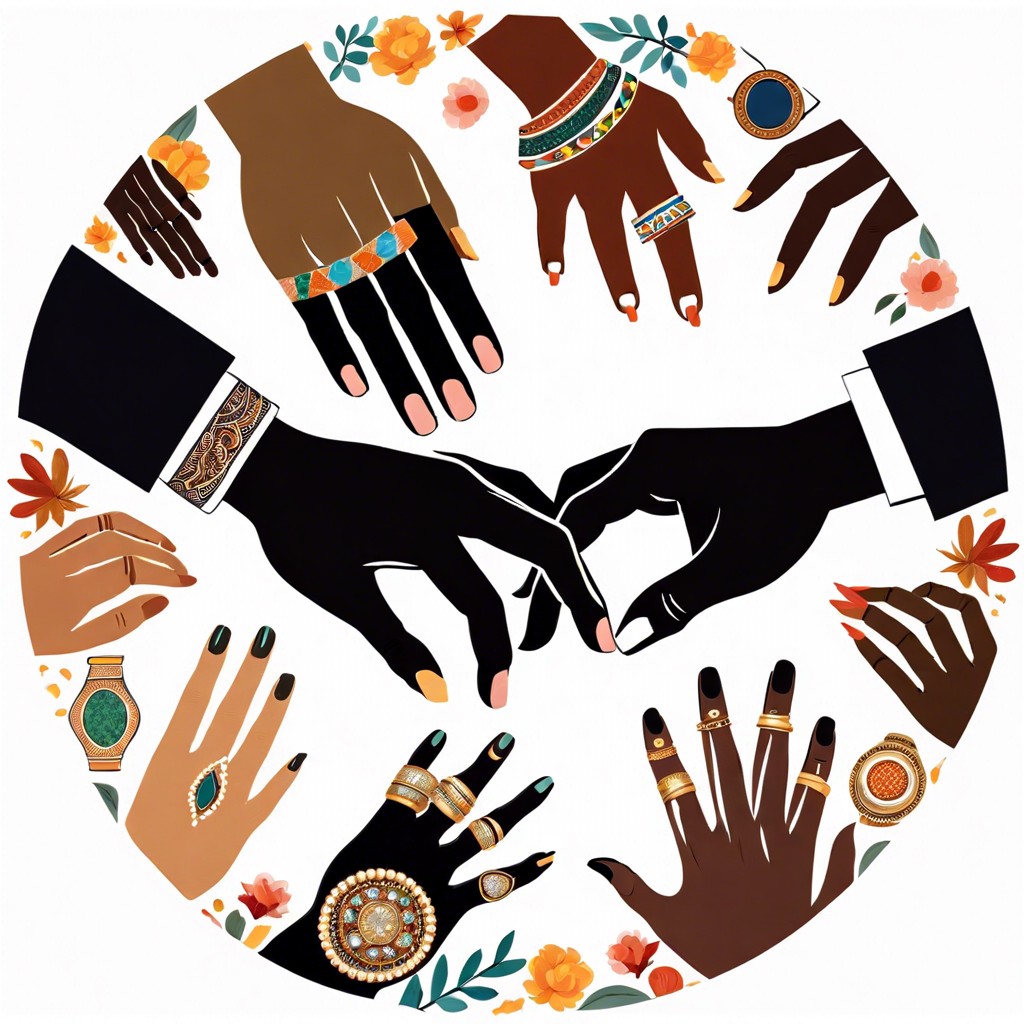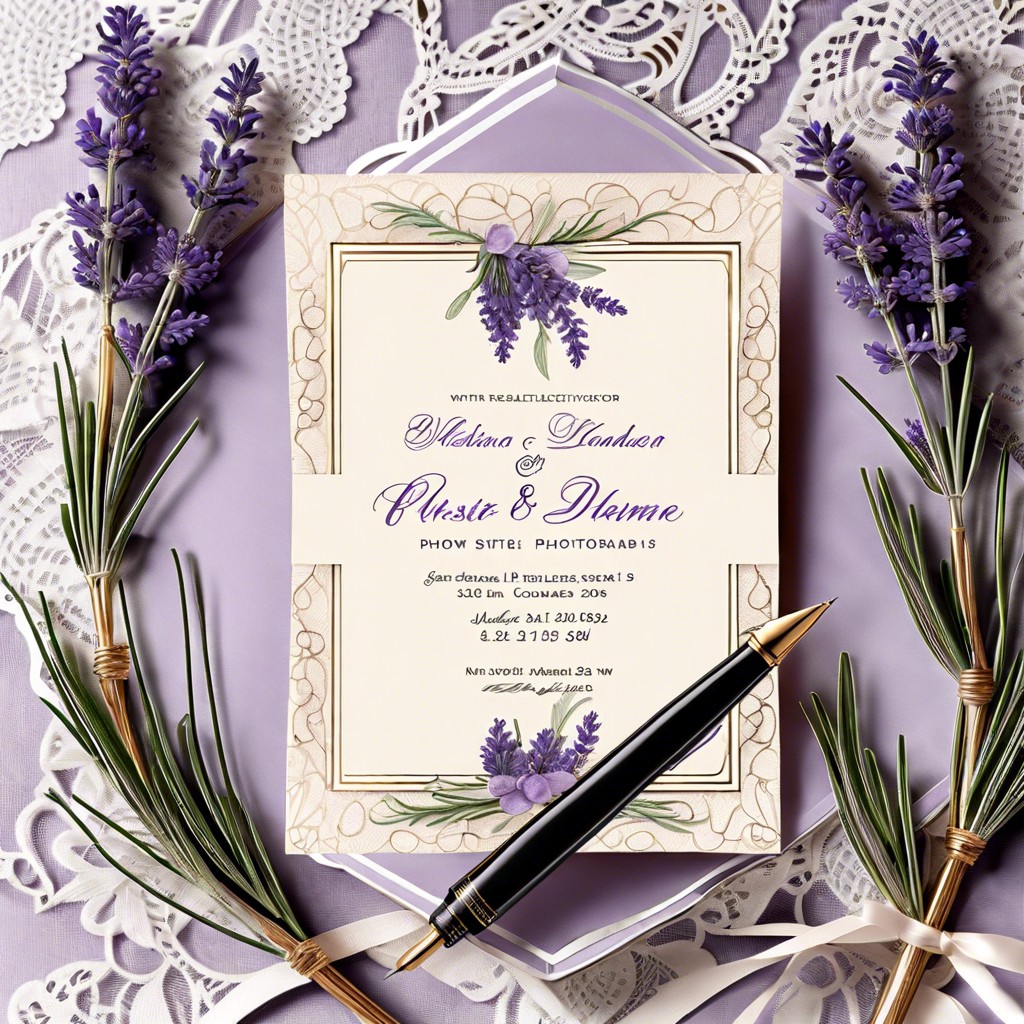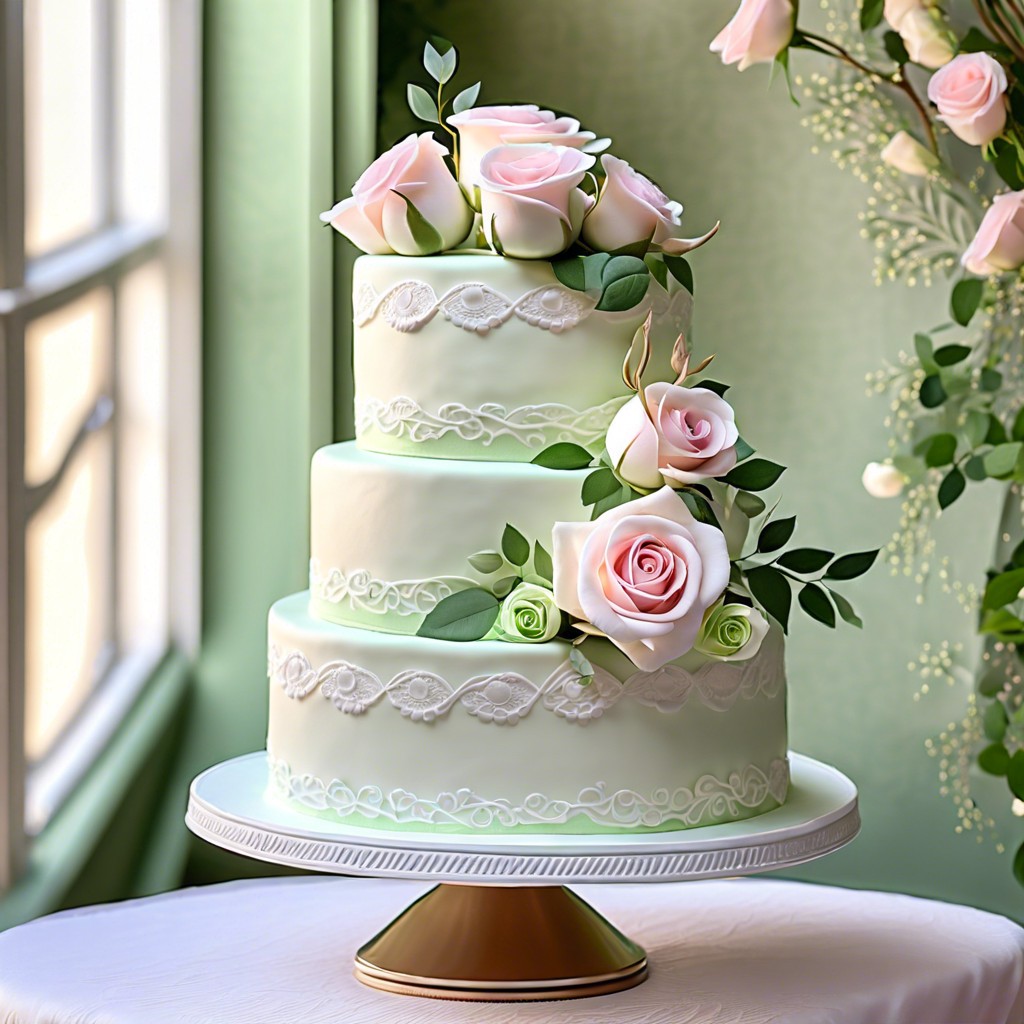A wedding planner orchestrates the complexities of your special day, ensuring everything unfolds seamlessly from start to finish.
Key takeaways:
- A wedding planner serves as your logistical and creative partner.
- They help you set up a budget and maximize your funds.
- They assist in finding the right venue for your wedding.
- They coordinate with vendors and manage communications.
- They manage wedding-day details and ensure everything runs smoothly.
Wedding Planner Duties

A wedding planner serves as your logistical and creative partner. They provide direction, advice, and oversee the intricate details to ensure your big day reflects your vision.
From troubleshooting unforeseen issues to understanding the nuances of wedding traditions, they’re armed with knowledge to navigate the planning process smoothly.
Importantly, they act as a point of contact for vendors and guests, coordinating efforts so you can focus on celebrating.
With their expertise, planners can often help you maximize your budget by recommending what will have the greatest impact and steering you away from costly mistakes.
By entrusting a wedding planner with these responsibilities, you gain an advocate dedicated to making your wedding a reflection of your personal story.
Set Up a Budget
Understanding your financial limitations and preferences is crucial for mapping out the extent of your wedding plans. A wedding planner will guide you through allocating funds appropriately, ensuring adequate coverage across all categories while avoiding overspending. This involves:
- Prioritizing areas that matter most to you, such as photography, venue, or catering.
- Suggesting ways to stretch the budget, including recommending in-season flowers or alternative days to lower venue costs.
- Breaking down payments into manageable timelines.
- Keeping track of expenses to prevent last-minute financial surprises.
- Negotiating with vendors to secure the best deals within your budget parameters.
Help You Find the Right Venue
Securing the perfect venue is essential to your wedding’s success, as it sets the stage for the entire event. A wedding planner offers invaluable assistance in sourcing venues that align with your vision and budget, often tapping into an extensive network of industry contacts. They schedule viewings, negotiate contracts, and advise on the logistics of space, such as guest capacity and layout options.
Their expertise ensures that the location not only reflects your style and theme but also optimizes guest experience and flow from ceremony to reception. With professional insight, they can highlight potential issues, like parking or accessibility concerns, and work towards creative solutions, keeping your wedding timeline on track.
Coordinate With Vendors
Selecting the ideal team to bring your wedding vision to life is crucial, and this is where a wedding planner shines. They’ll recommend and liaise with caterers, photographers, florists, and other professionals whose work aligns with your style and budget, ensuring cohesive design and execution.
Drawing on their industry connections, they often negotiate contracts and manage communications, acting as the point person for all vendor-related activity. This leaves you free from the stress of juggling multiple contacts, allowing you to focus on the excitement of your upcoming nuptials.
Behind the scenes, your planner will be meticulously confirming arrangements, handling any unforeseen hiccups, and maintaining a harmonious relationship between all parties involved.
Manage Wedding-Day Details
Ensuring that every element comes together smoothly on the big day is crucial. A wedding planner will oversee the timeline, from the start of the ceremony to the end of the reception. They’ll be the point of contact for all vendors, handling any last-minute issues that arise.
Count on them for:
- Coordinating the arrival of suppliers.
- Overseeing venue setup and decor placement.
- Distributing final payments and tips to vendors.
- Guiding the wedding party through the processional and recessional.
- Assisting guests with seating and answering questions.
- Managing the timing of speeches, dancing, and dining.
- Handling emergencies or unexpected situations with discretion.
Your planner will keep things running on time, ensuring a seamless transition between the ceremony, cocktail hour, dinner, and reception. They are the backstage conductor, directing the event to a memorable and joyous conclusion.



